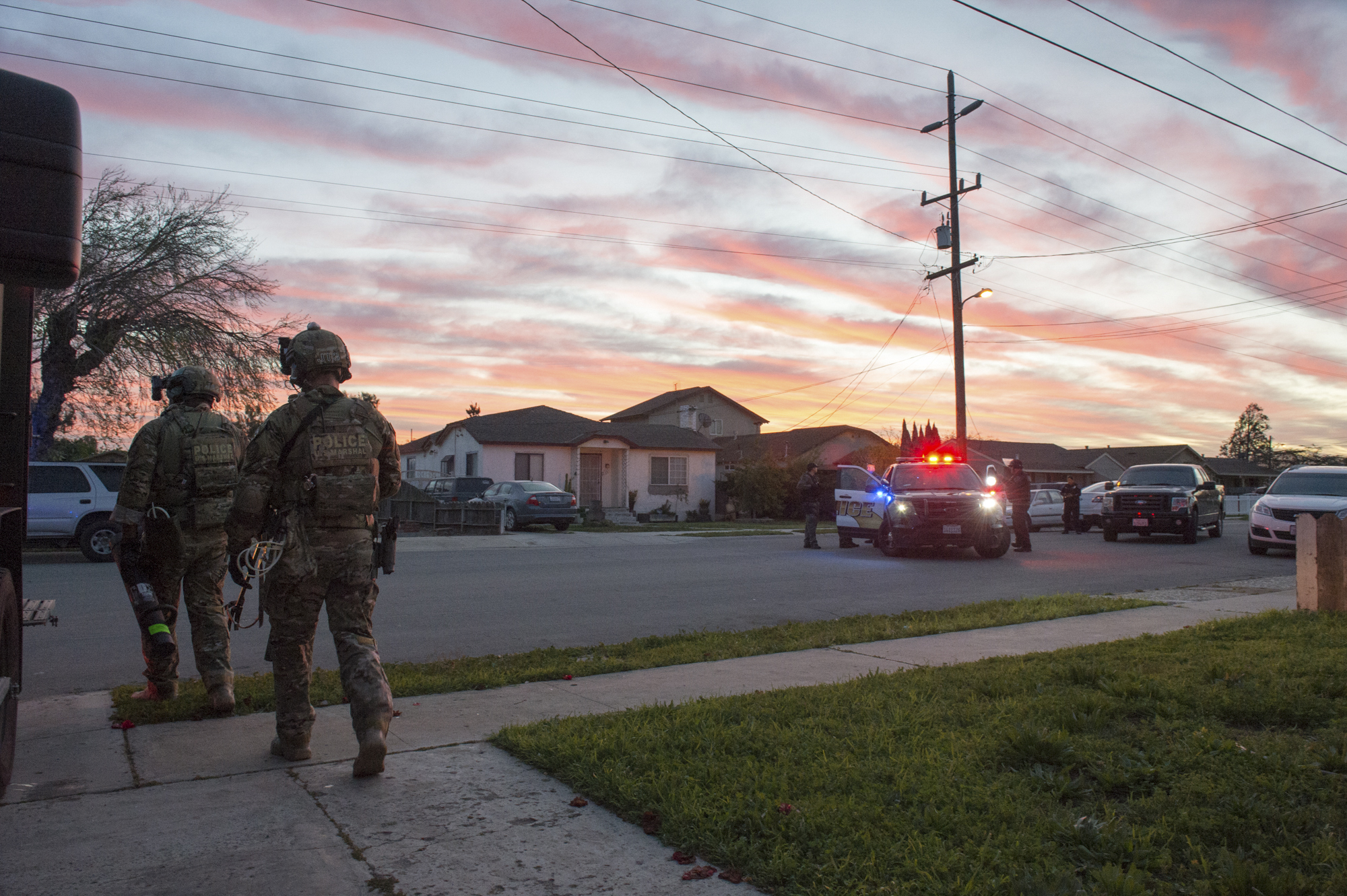San Francisco has become almost as famous for its serial store closings as its cable cars. Popular retailers, including Nordstrom, Whole Foods, Saks Off 5th, Anthropologie and Office Depot are shutting their doors because, well, they just can’t take it anymore. The thieves won.
Across the water, on the east side of San Francisco Bay, Oakland is having its own problems with lawbreakers. (The number of people surprised by this is surely in the low single digits.) The city’s restaurateurs say crime is “pushing them to the brink of collapse,” SFGATE reports.
While “on the surface,” parts of the city have all “the characteristics of a vibrant, walkable Oakland neighborhood,” below the surface things are apparently quite grim. Shops and offices are burglarized, carjackings are on a five-year run of increases, and car windows are merely gateways for bandits looting automobiles. Business owners are “begging state and local governments to help them combat theft, restore plummeting revenues and essentially clean up the city’s negative public image.”
SFGATE mentions the harm of “the Bay Area’s nightmare perception of Oakland,” but driving that impression is a bleak reality.
The numbers don’t reliably indicate the depth of the problem. Unreported crimes are not going to show up in the data, and we know in San Francisco that victims often don’t call the police because there’s no reason to – a report is taken and that’s the extent of what law enforcement is able to do. It’s much the same in Oakland.
“Calls to the Oakland 911 Center go unanswered until criminals have left the scene, understaffed police arrive late, and frustrated victims are giving up,” says PRI fellow Steve Smith.
Theft has been effectively de-criminalized by progressive policymakers, Smith adds, as has public safety in general. What we now have is the “so-called dark figure of unreported crime” increasing “to higher and higher levels.”
Fed-up business owners went on a two-hour strike last Tuesday, because in the words of restaurant owner Nigel Jones, “Oakland has been known as a city that is OK with violence and crime.”
“We’re not,”she said. “Look at all of these people here, we’re not OK with this. We want to be safe. We want to be functional.”
Meanwhile, modern-day pirates are plundering the Oakland waterfront. The raiders “are becoming more brazen, and the thefts more costly as residents say they have given up on relying on police for help,” KPIX, the Bay Area CBS affiliate, reported in early September.
One victim is a man who converted a 40-foot boat to “serve as a survival craft in case of a large earthquake or disaster,” says KPIX’s John Ramos. The boat was stolen – one of at least three large boats taken from the marina district in the same week – then “spotted a few days later stuck on some nearby rocks with people still aboard.” The owner said he called police, but they never arrived.
“He says it wasn’t until days later when the insurance called them that the boat was recovered,” said Ramos.
By then, it was essentially a mere shell of its former self. What wasn’t stolen from the boat was destroyed, according to the owner.
Conditions have become so barbaric that people are defending themselves “with guns against the pirates,” Michael West, who lives on the water in a boat, told KPIX.
“And that’s where it is right now, everybody here who has anything has a gun or a knife or a sword or a stick or something to protect themselves.”
“The people living on the waterfront feel like they’re on their own,” Ramos says, “like castaways on a deserted island left to fend for themselves with no one coming to the rescue.”
“We don’t even bother to call the police anymore – we’re going to handle it ourselves,” West says.
The Coast Guard has been sent in and it might restore some order to the waterfront. But there’s nothing it can do about the crime on land. That task is up to George Soros-backed District Attorney Pamela Price – a prosecutor who just happens to be the target of a recall election because, her critics say, she’s soft on crime, a complaint that cost the previous prosecutor in San Francisco his job.
Kerry Jackson is a fellow with the Center for California Reform at the Pacific Research Institute.

